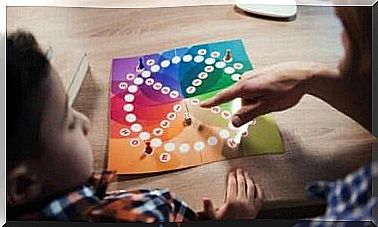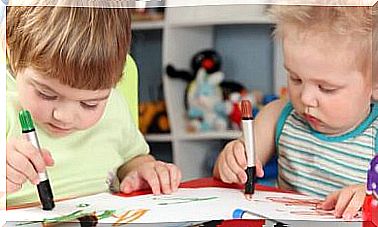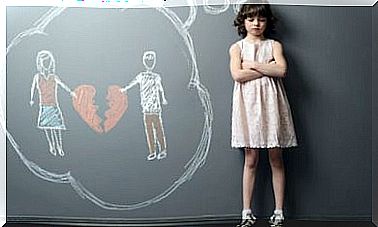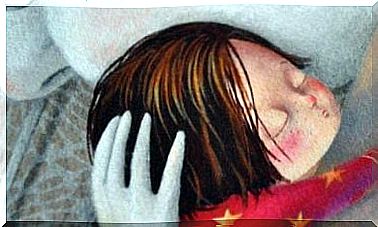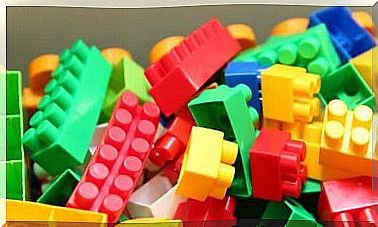What Is The Most Difficult Age Of Children According To Mothers?
The child is difficult from the start, however, sometimes it becomes even more complicated. Most mothers agree that the first stage, the age between one and three years, can be the most complex. These are ages at which the little ones begin to show their first signs of independence.
Childhood is a very important stage of life, as this is where the child learns and grows in different ways. Every moment in which she can do something that will mean great to everyone.
At each stage the child will learn to master different skills. For them it will mean the beginning of a different life, in terms of perspective and sensations. In particular, each child has a growth style that is very different from the rest.
In this case, we will talk about the stage in which the child learns to walk, talk and solve some problems. This is where you develop the ability to relate to others around you.
Why is there a more difficult age?
When independence begins, children are dedicated to what they want. This means that they explore more and try to do things on their own. And from then on, mothers will spend the day watching them closely, running after them and taking things out of their hands.
This stage is characterized by creating changes in growth. Mood can become quite variable with some negativity. These children are characterized by being persistent, but with few skills, for which they can feel frustrated. For this reason, some children misbehave.
Children have a lot of energy and they should be explored in their environment. What is needed is a space that is safe so they can try to be independent.
They care about their own needs, so parents shouldn’t expect them to share their stuff. They still do not have enough communication skills, such as to be able to express their feelings and wishes.
When they are over 2 years old, they start to take an interest in what they are taught. At 3 years of age, we already consider them as preschoolers. At this age, they already know how to use the bathroom, developed communication skills and continue to awaken this sense of independence. This desire to get to know their environment and become part of it continues to grow.

Main characteristics according to the child’s age
One year old
- In relation to social life, rebellion and the difficulty of sharing their toys with others are very common . They are possessive, trying to do things independently, without remembering certain rules that are established.
- Fears increase emotionally. Mood change is frequent, which presents itself suddenly. Emotions are very intense, but short. For them, routine is very important.
They enjoy the way they play, alone, without another child at their side. It’s normal for them to feel at the center of the world. They ask about their parents and express new emotions such as jealousy, pride, affection or shame.
- Intellectually, they can already name things or family members such as dad, mom, grandfather, grandmother. These children’s attention is short-term, they are very curious, they point out objects, they can identify their body parts. If they have been taught, they perform onomatopoeias, that is, imitations of the sounds of animals or things. You can now use pronouns like me, mine, yours. Now you can hold a pencil and try to scribble.
Two years old
- Socially they can try to do things for themselves and make decisions. They may already find it fun to imitate the behavior of adults. They want to help their moms and dads with things around the house like sweeping, cleaning, scrubbing.
- On an emotional level it is very common for them to have reactions contrary to what is asked of them, because they can be quite egocentric . At this age, children feel more secure about themselves, even though they may need the security that their parents provide.
- Intellectually they can follow simple instructions, even if they have little attention span. They can memorize, sing short songs and even think before acting.

